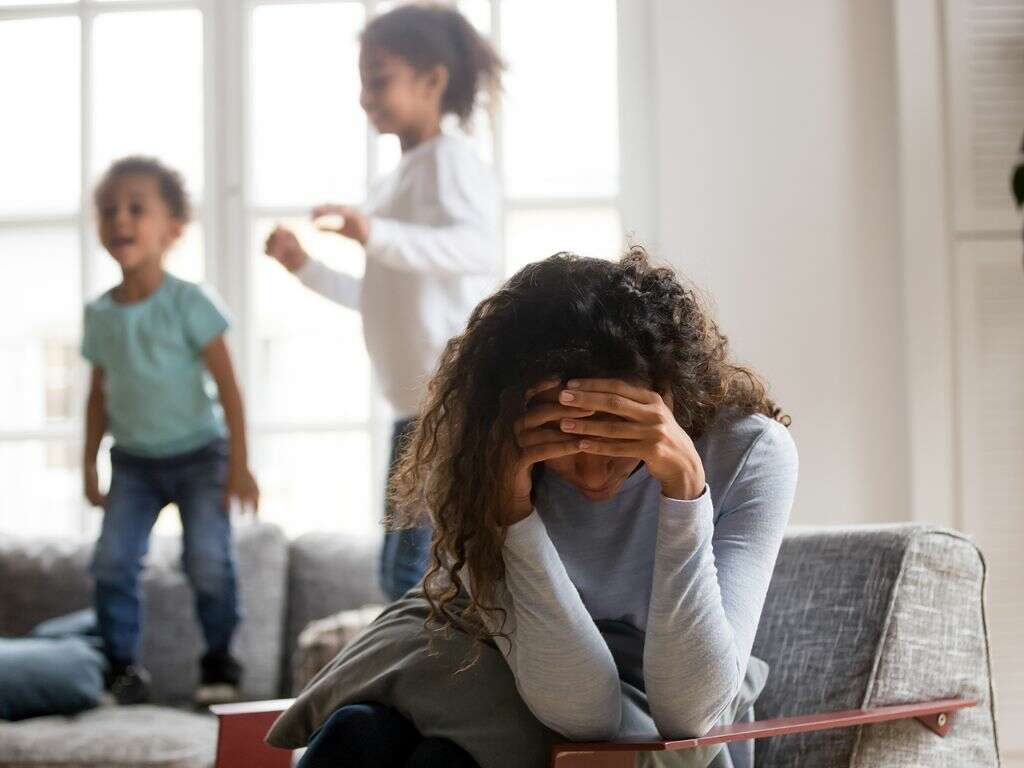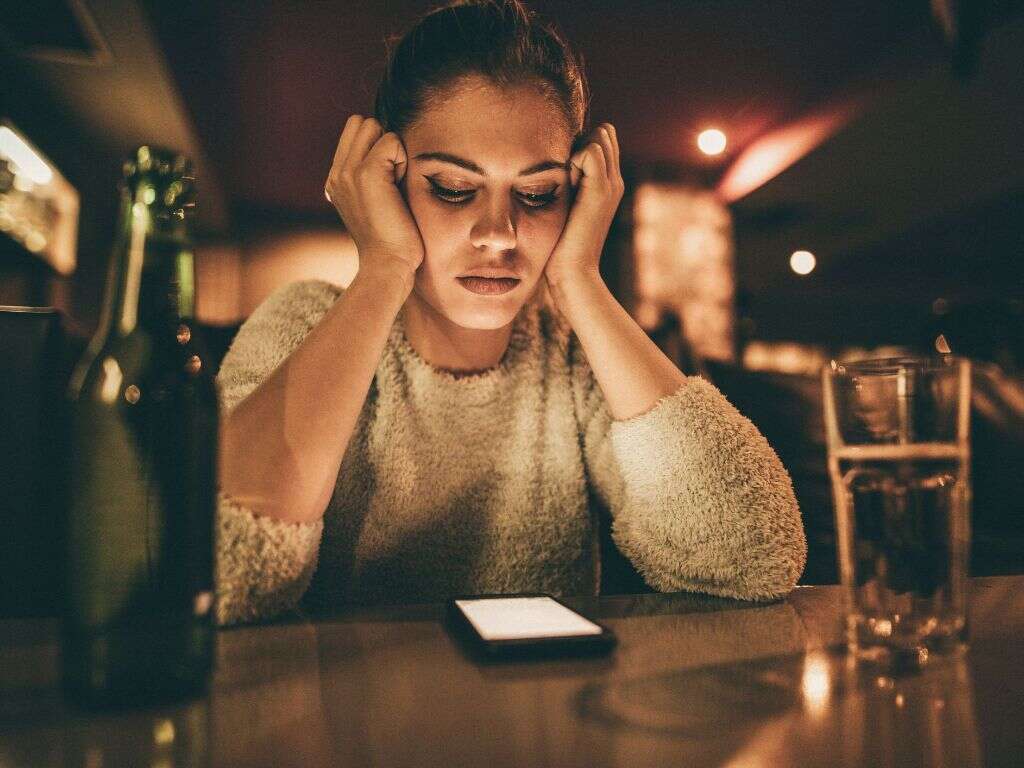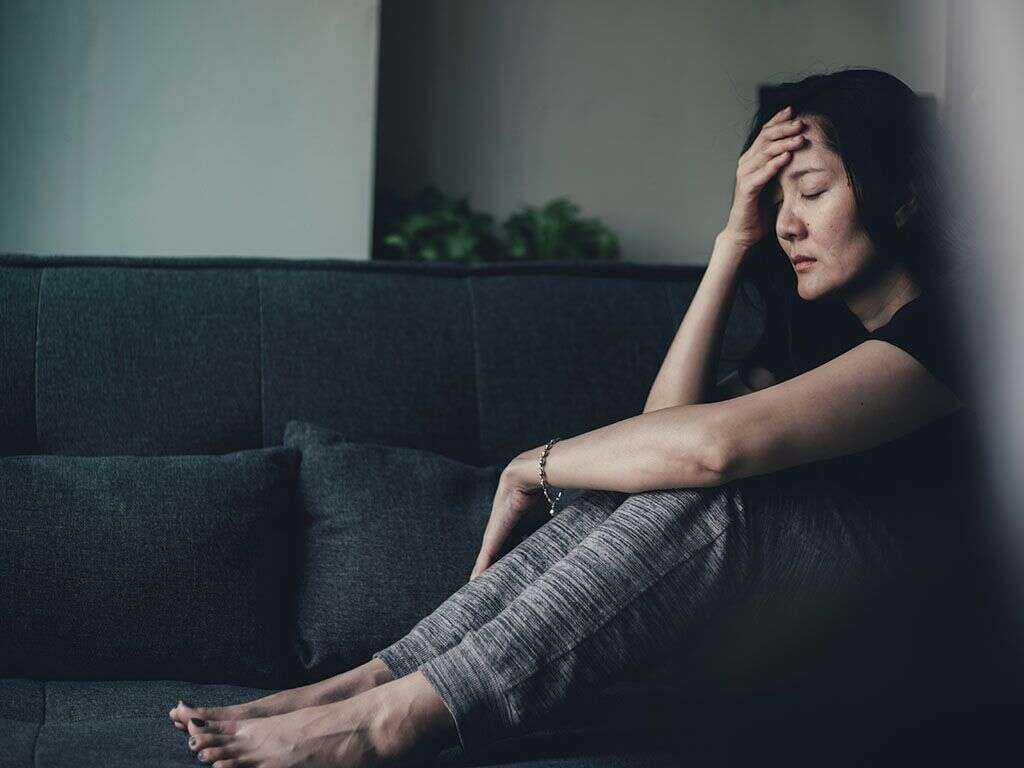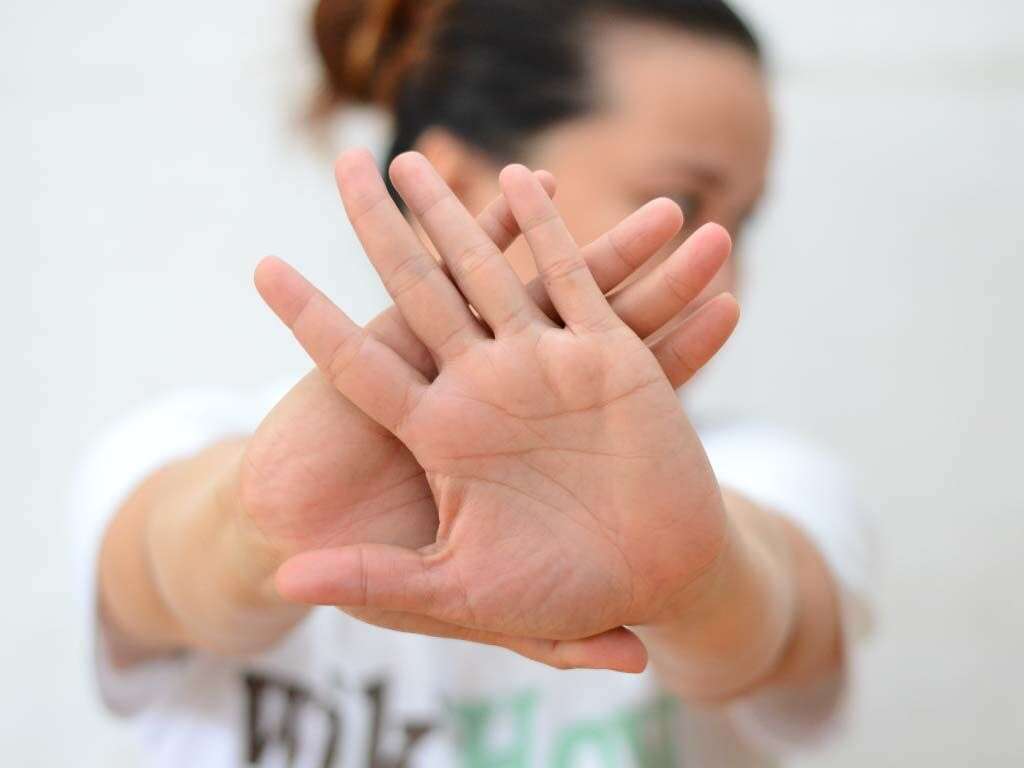10 Dysthymia Symptoms
 Article Sources
Article Sources
- 1. 'Table 3.5, DSM-IV to DSM-5 Dysthymic Disorder Comparison - Impact of the DSM-IV to DSM-5 Changes on the National Survey on Drug Use and Health - NCBI Bookshelf.' June 2016. National Center for Biotechnology Information, www.ncbi.nlm.nih.gov/books/NBK519704/table/ch3.t6/
- 2. 'Persistent Depressive Disorder (dysthymia) - Symptoms and Causes.' Mayo Clinic, 8 Dec. 2018, www.mayoclinic.org/diseases-conditions/persistent-depressive-disorder/symptoms-causes/syc-20350929
- 3. 'Social Anxiety Disorder: More Than Just a Little Shyness.' Jefferson, M.D., J. W. 3 Feb. 2001. PubMed Central (PMC), www.ncbi.nlm.nih.gov/pmc/articles/PMC181152/
- 4. 'Know the Signs of Job Burnout.' Mayo Clinic, 21 Nov. 2018, www.mayoclinic.org/healthy-lifestyle/adult-health/in-depth/burnout/art-20046642
- 5. 'Anger attacks in depression.' Fava, M., & Rosenbaum, J. F. Aug. 1988, PubMed. https://pubmed.ncbi.nlm.nih.gov/9809215/
- 6. 'Depression and Sleep: Understanding the Connection.' Johns Hopkins Medicine, Based in Baltimore, Maryland, www.hopkinsmedicine.org/health/wellness-and-prevention/depression-and-sleep-understanding-the-connection
Avoiding Public Places
People with dysthymia may experience anxiety about being in public and prefer to stay home. Long-lasting depression may cause fears about interacting with people, even friends and family. Avoiding public places is a safe alternative when someone with dysthymia feels inadequate or insecure.
Although anxiety may cause depression, the reverse is also true, especially with dysthymia presenting as chronic depression. After years of depression, pressure to keep up with or act normal around other people can cause anxiety, leading to a social anxiety disorder.3‘Social Anxiety Disorder: More Than Just a Little Shyness.’ Jefferson, M.D., J. W. 3 Feb. 2001. PubMed Central (PMC), www.ncbi.nlm.nih.gov/pmc/articles/PMC181152/
Advertisement










